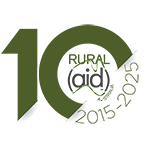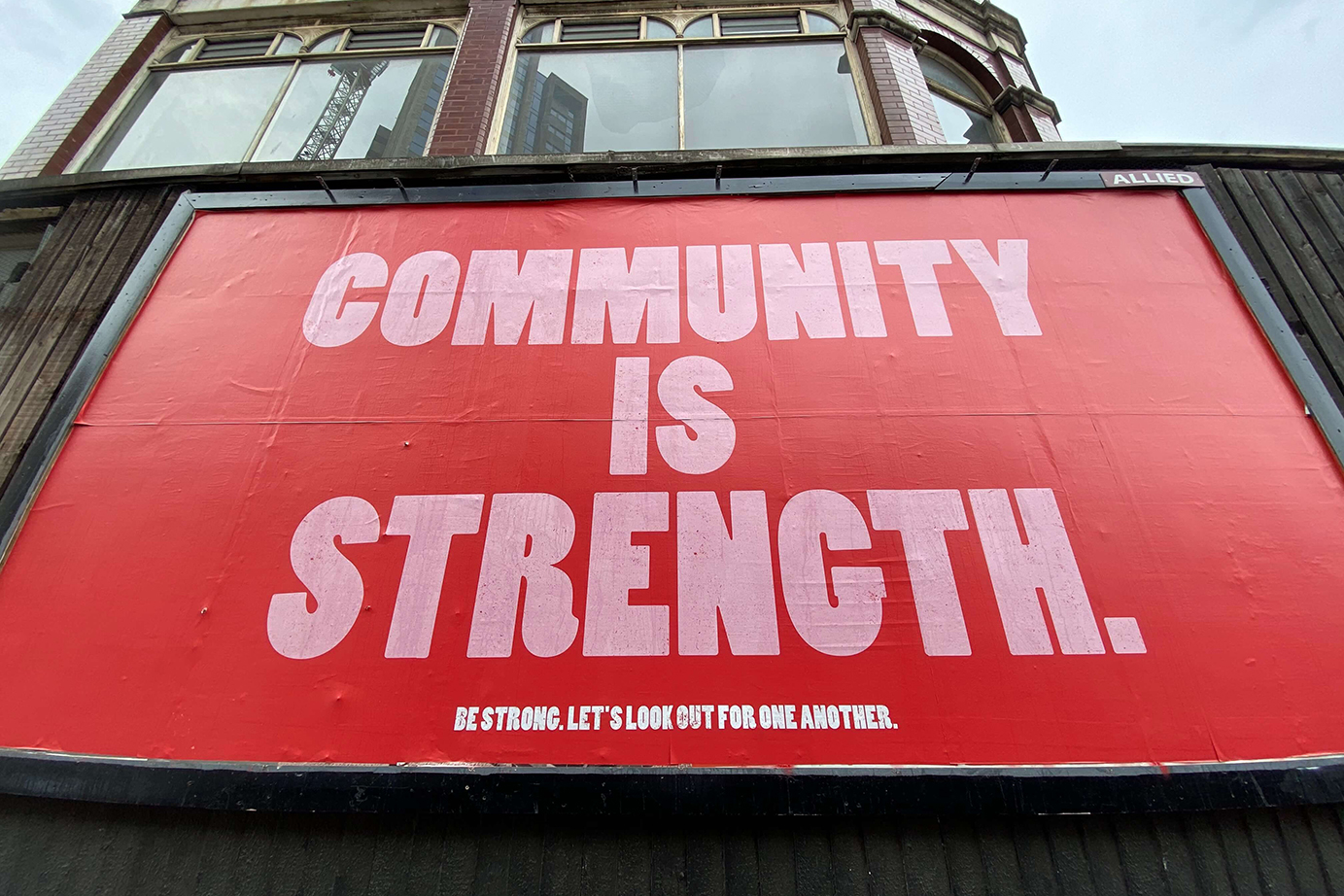Preparation
Most of us have been raised to ‘be strong’ in the face of adversity. What exactly does that mean? And is that the most effective antidote to traumatic experiences? In a predominantly individualistic society, we are conditioned to manage on our own. Many of us have been brought up to believe that our concerns are exactly that; our concerns. So to share that with anyone else is tantamount to being a burden. Deep down, we wonder whether anyone really cares about what we are going through. As a society, we have morphed from living in contexts where individual issues were naturally shared within the community and where problems were managed collectively. Individuals within this context rarely felt isolated, rarely suffered alone in silence, or felt the levels of economic pressure experienced at present.

These days, we place our individual desires above the importance of our communities. We’ve replaced our ‘villages’ with shopping centres, and we increasingly prefer to be alone. It is no surprise that this way of living has resulted in an exponential rise in mental health conditions such as depression and anxiety. In response to this, coupled with the idea that strength is associated with survival of the fittest, many have resorted to dealing with challenges on their own. As a society, we not only publicly applaud and reward those who seem to make it through challenges on their own, but we shame those who seem less capable of navigating various challenges. The result of this is evident in the increase in homelessness and the current poverty levels which are reported to be at an all-time high. People choose to save face by going without, rather than asking their neighbour for some cash to buy food or fuel. In many cases we also have the luxury of being able to present a palatable version of our reality through social media. On this stage we can be whoever we want and present a version of ourselves that does not have to mirror anything remotely close to what’s authentic.
Redefining strength
So where do we go from here? Is there any hope of redeeming the current landscape and thereby reducing the levels of mental ill-health presentations, homelessness, and general poverty? Perhaps one way of achieving this lies in our definition of what it means to be strong. In the last two decades, the world of psychology has focused a lot on trauma and specifically the idea of resilience as a key ingredient of being able to manage traumatic events. Unfortunately, resilience has been understood to mean ‘the ability to bounce back’ or ‘return to normal’. This definition can have the unfortunate effect of perpetuating the idea that strength means being able to persevere through tough times and return to one’s status quo. In rural communities we speak of farmers as being resilient folk which can sometimes translate to ‘when they experience natural disasters such as floods, fires, droughts, they are able to push through and come out on the other end somewhat unscathed’.
The reality is that when people experience trauma, they are changed forever. There is no going back to normal or to how things were before. However, this is not bad news. What is being understood more and more in the field of psychology, is that with trauma comes the ability for growth. Post-traumatic growth implies the ability to not only survive traumatic situations, but to be able to thrive and grow because of having gone through the trauma. Communities that have experienced bushfires or floods can come together after the fact and rebuild in ways that are better than they were prior to the event because of the lessons they have learnt through the process of recovery.
Perhaps strength is the ability to realise that we are better off when we connect with others towards a shared goal. Maybe as individuals we would thrive more if we focused on the success of the communities in which we find ourselves. Is it possible that strength means being able to realise when it’s time to reach out and ask for help, rather than wait until a crisis? It seems reasonable that as a farmer, you would understand that the longevity of the equipment you use requires you to be on top of its maintenance. The more regularly you take care of your tools, the longer they will serve you. Strength may also be the ability to know where to go for help. You wouldn’t take your harvester to the local butcher for service, and you wouldn’t dream of servicing it yourself (unless you had specific expertise), just to avoid being perceived as a burden.
Contact
One of the biggest determining factors in people’s ability to thrive after traumatic events, is not so much the severity of the event, but whether they have a soft place to fall after the event. Individuals surrounded by supportive, nurturing, empathic people can get through the most horrific situations. The contrary is equally true; those lacking such support systems are less likely to pull through and exhibit post traumatic growth.
At Rural Aid, we have individuals trained specifically to help with managing the most important asset you have, which is your wellbeing. So, rather than wait until the tool is no longer able to function, why not reach out for some regular check-ups? And when those unpredictable events occur, and they will, why not reach out and together let’s see how we can navigate the challenge and come out on the other side thriving in ways that are otherwise unimaginable. And if you notice your neighbour’s tractor is making sounds that indicate it’s time to have it looked at, it could be a great opportunity to recommend a wellbeing mechanic. Maybe if we all took this approach, together we could help to significantly reduce the levels of mental, emotional, psychological, and economic poverty.
Rural Aid wellbeing mechanic line: 1300 175 594


